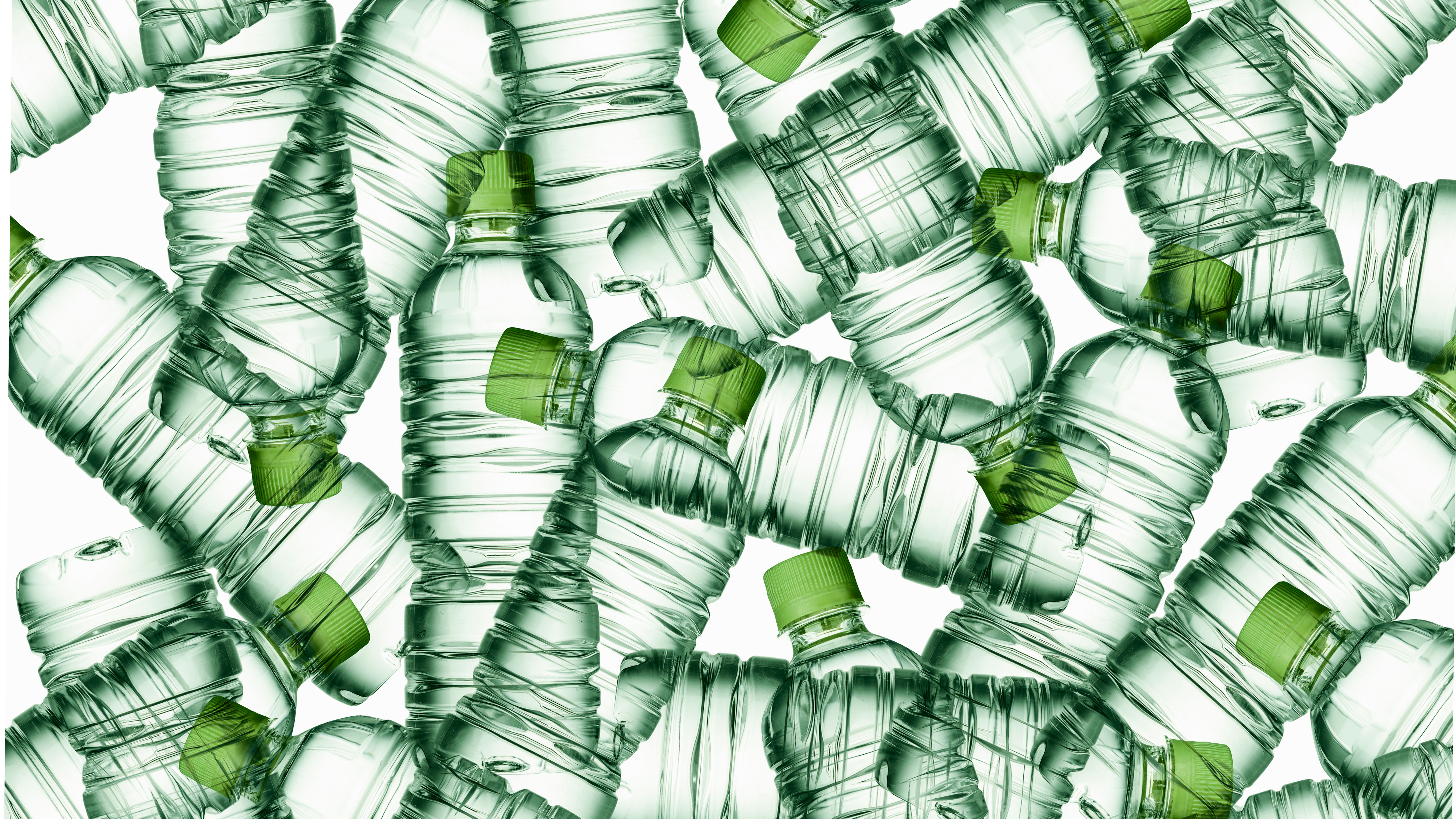
Think that because you put all your cardboard, glass and paper in recycling, it's all definitely recycled? Nope. Despite us all diligently recycling, household waste recycling targets are still not being met. The UK, for instance, recycles just over 45 per cent of its waste; the US – just over 34 per cent.
- Going plastic free? Check out these 10 ways to reduce your plastic waste
These figures are frighteningly low, given the current levels of ocean pollution and the growing landfill crisis. The use of plastic packaging is a huge component of this problem – some of it is not just non-biodegradable, but can't even be recycled – with the government about to introduce a tax on plastic packaging.
But another reason why even putting your recyclables in the right bin doesn't guarantee it will be recycled is that not all of us know that, in order for your waste to be processed correctly, it needs to be uncontaminated by food or other organic materials.
It's true that one unwashed tin won't cause the whole recycling load to be diverted to landfill, but if the rubbish collectors see a high level of contamination in the bin, they will take the decision to take it to landfill. In some cases, councils will decide to sort through the recycling, either mechanically or by manual sorting, but this costs extra and isn't always feasible.
Just to put that unwashed tin of beans in perspective, the UK alone generated over 52 million tons of landfill waste in 2016 alone. It may seem unimportant whether you wash your recycling or not, but it all adds up in the end. We don't know about you, but we're washing all of ours from now on.
Join our newsletter
Get small space home decor ideas, celeb inspiration, DIY tips and more, straight to your inbox!
Anna is a professional writer with many years of experience. She has a passion for contemporary home decor and gardening. She covers a range of topics, from practical advice to interior and garden design.
-
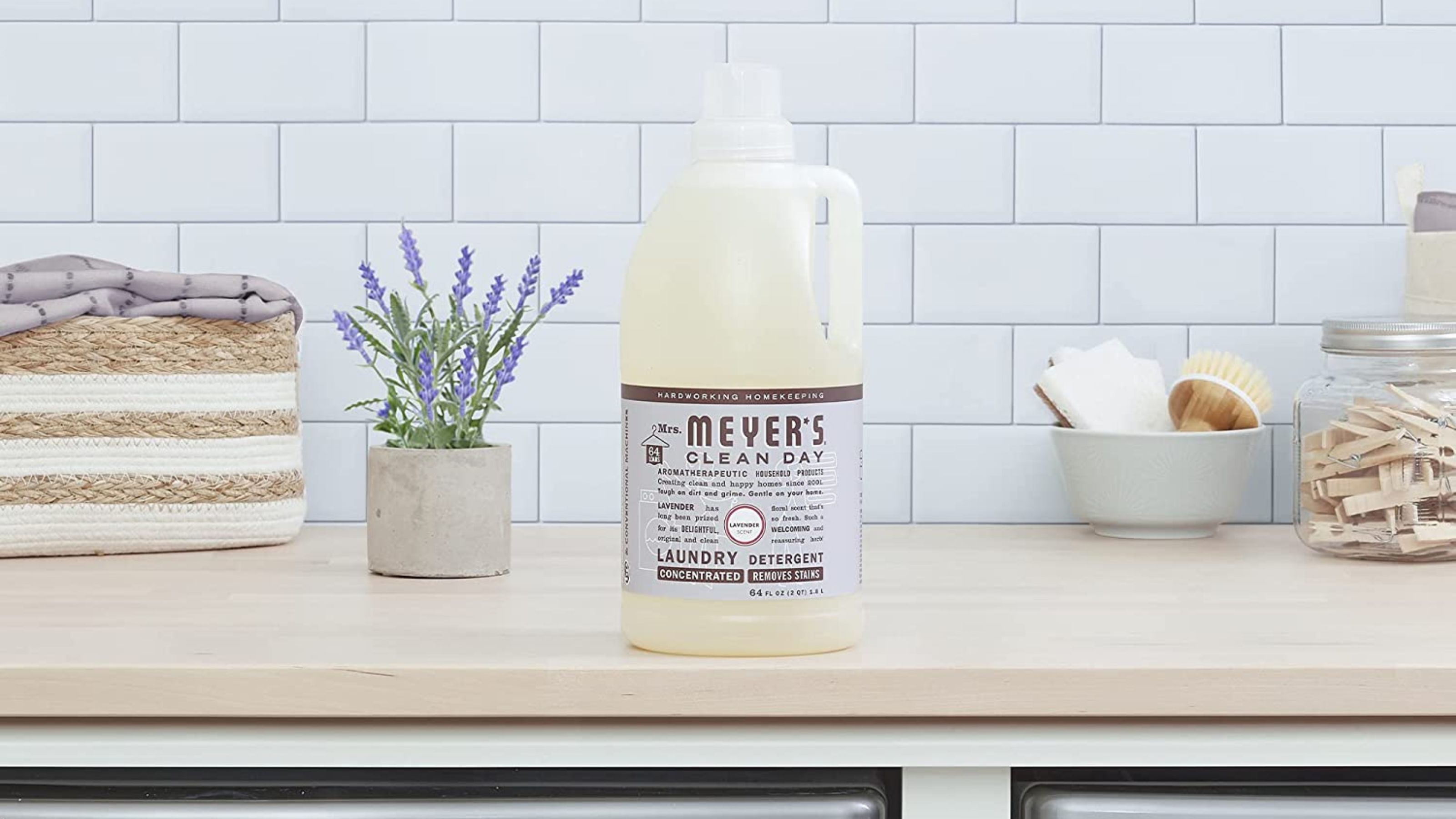 These are the 9 very best eco laundry detergents everyone should know about
These are the 9 very best eco laundry detergents everyone should know aboutMake your next wash less of a load on the environment with these incredible eco laundry detergents
By Molly Cleary Published
-
 Dirty ovens cause 1 in 5 house fires: this is what to do if yours bursts into flames
Dirty ovens cause 1 in 5 house fires: this is what to do if yours bursts into flamesDirty ovens are the destructive culprit, but most homeowners still only clean their cooking appliances twice a year.
By Ellen Finch Published
-
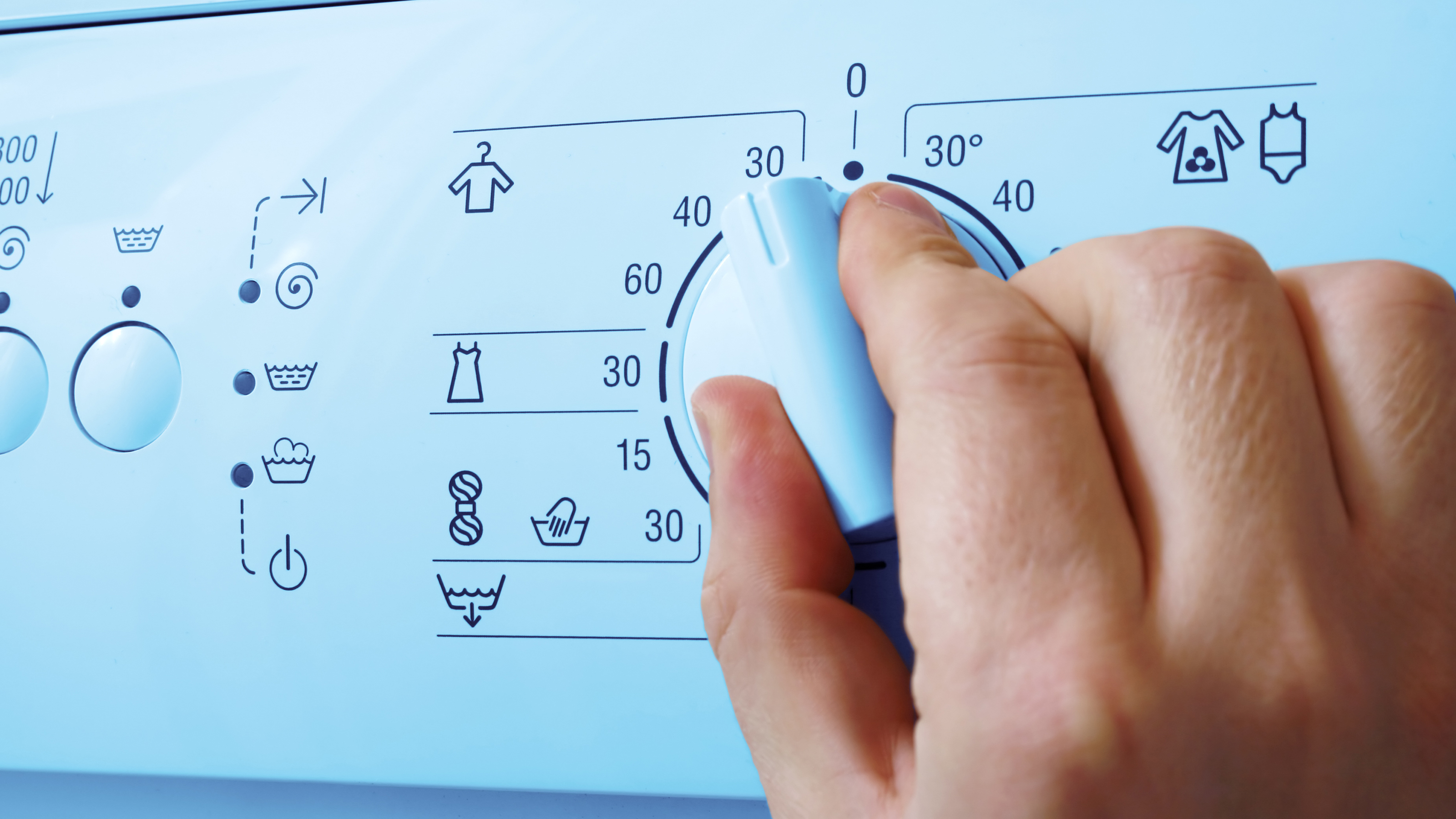 Does washing clothes at 30ºC actually help climate change?
Does washing clothes at 30ºC actually help climate change?Washing clothes at 30ºC is often portrayed as an eco-friendly choice. But how much of a difference does doing laundry at lower temps actually make?
By Anna K. Cottrell Published
-
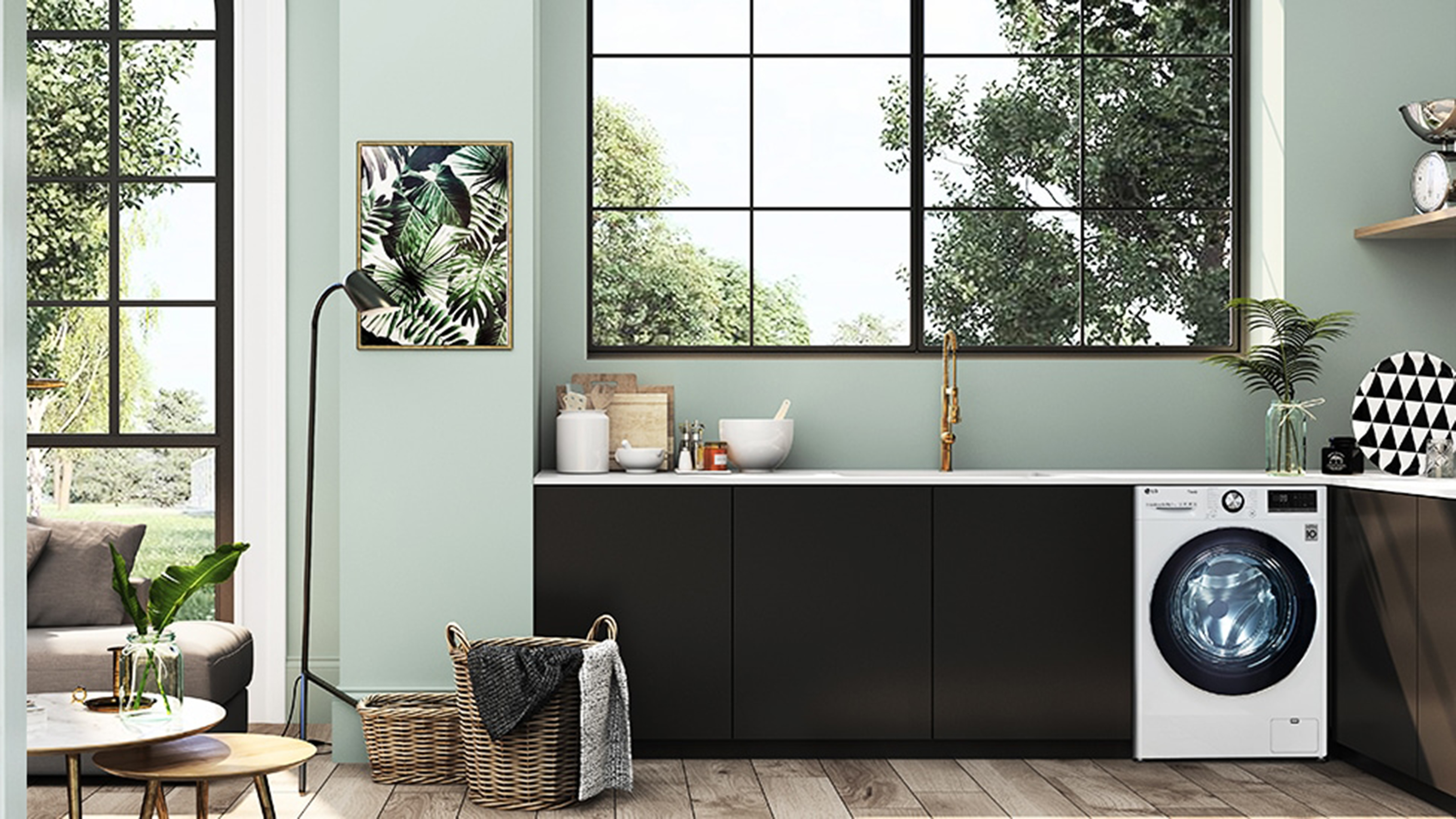 12 eco-friendly laundry tips to make your washing habits more sustainable
12 eco-friendly laundry tips to make your washing habits more sustainableThese eco-friendly laundry tips will help reduce the environmental impact of your washing machine and save you money, time, and energy.
By Anna K. Cottrell Last updated
-
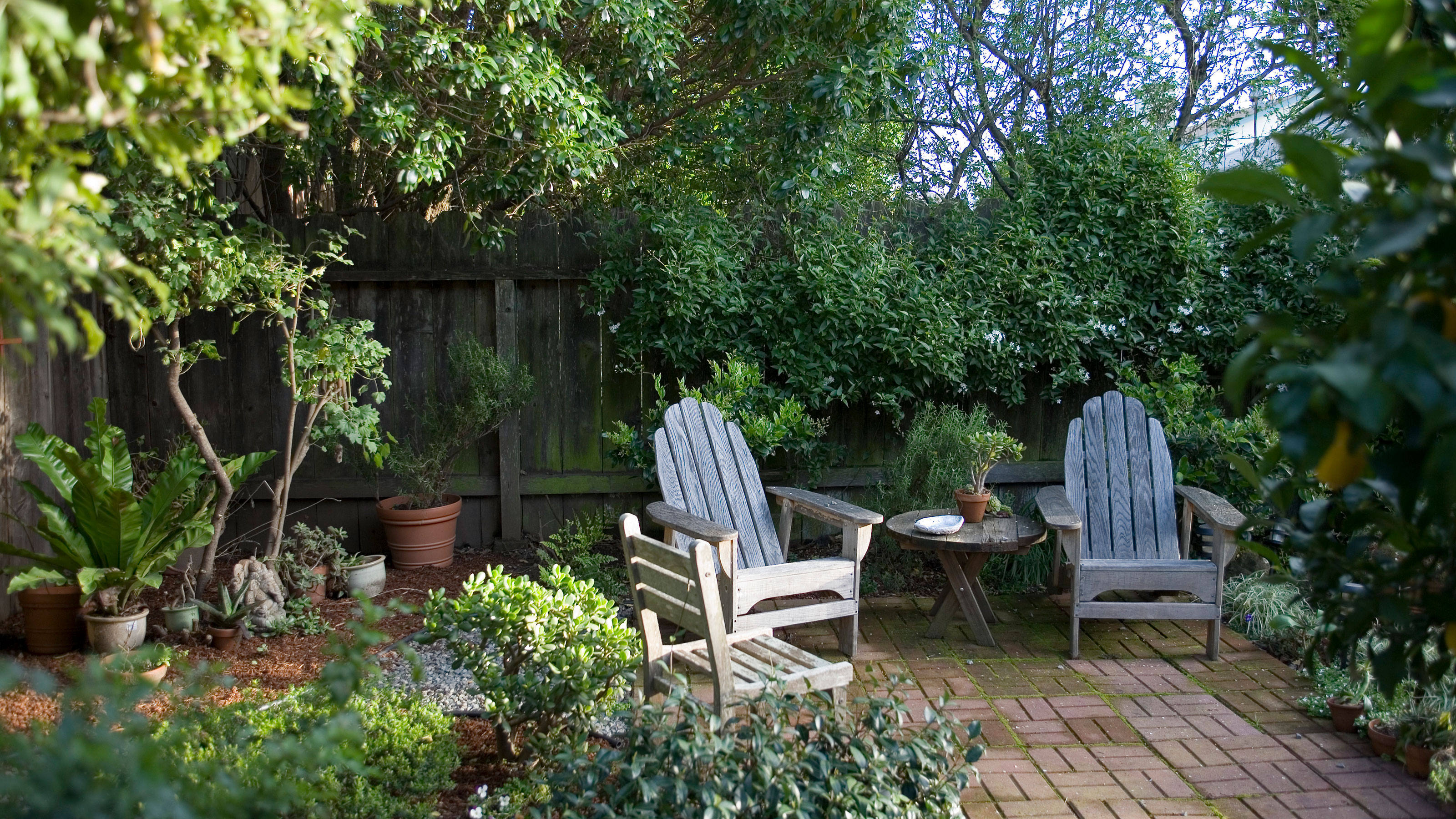 How to get rid of mosquitoes in your yard and around the home
How to get rid of mosquitoes in your yard and around the homeLearn how to get rid of mosquitoes in your yard and around the home using natural methods, planting tricks and more to avoid bites, all summer long
By Sarah Warwick Published
-
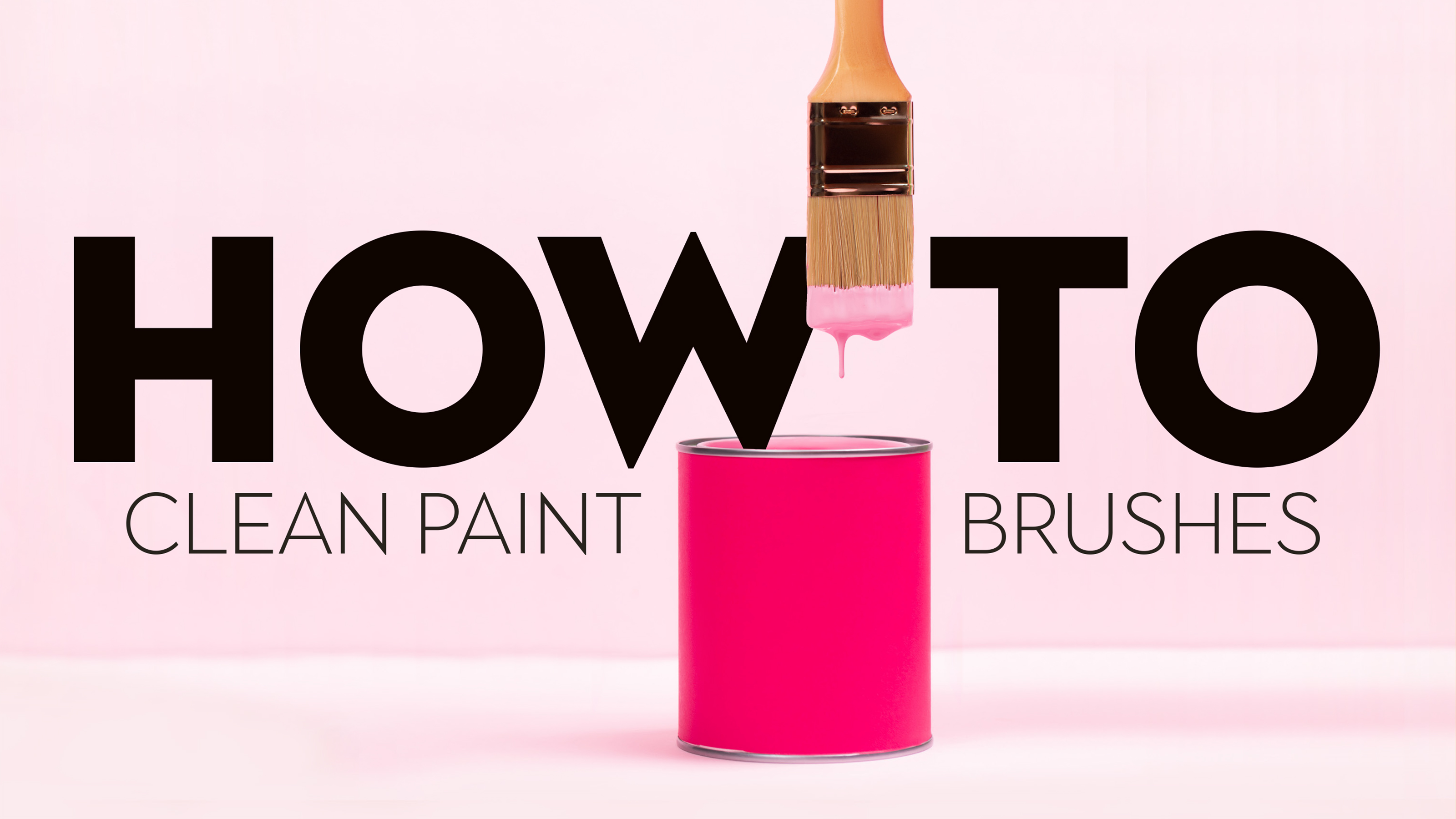 How to clean paint brushes – remove oil or water-based emulsion from brush bristles
How to clean paint brushes – remove oil or water-based emulsion from brush bristlesDiscover how to clean paint brushes using dish soap, white spirit or even vinegar so you don't have to buy new bristles each time you decorate with latex, oil or water-based emulsions.
By Alison Jones Last updated
-
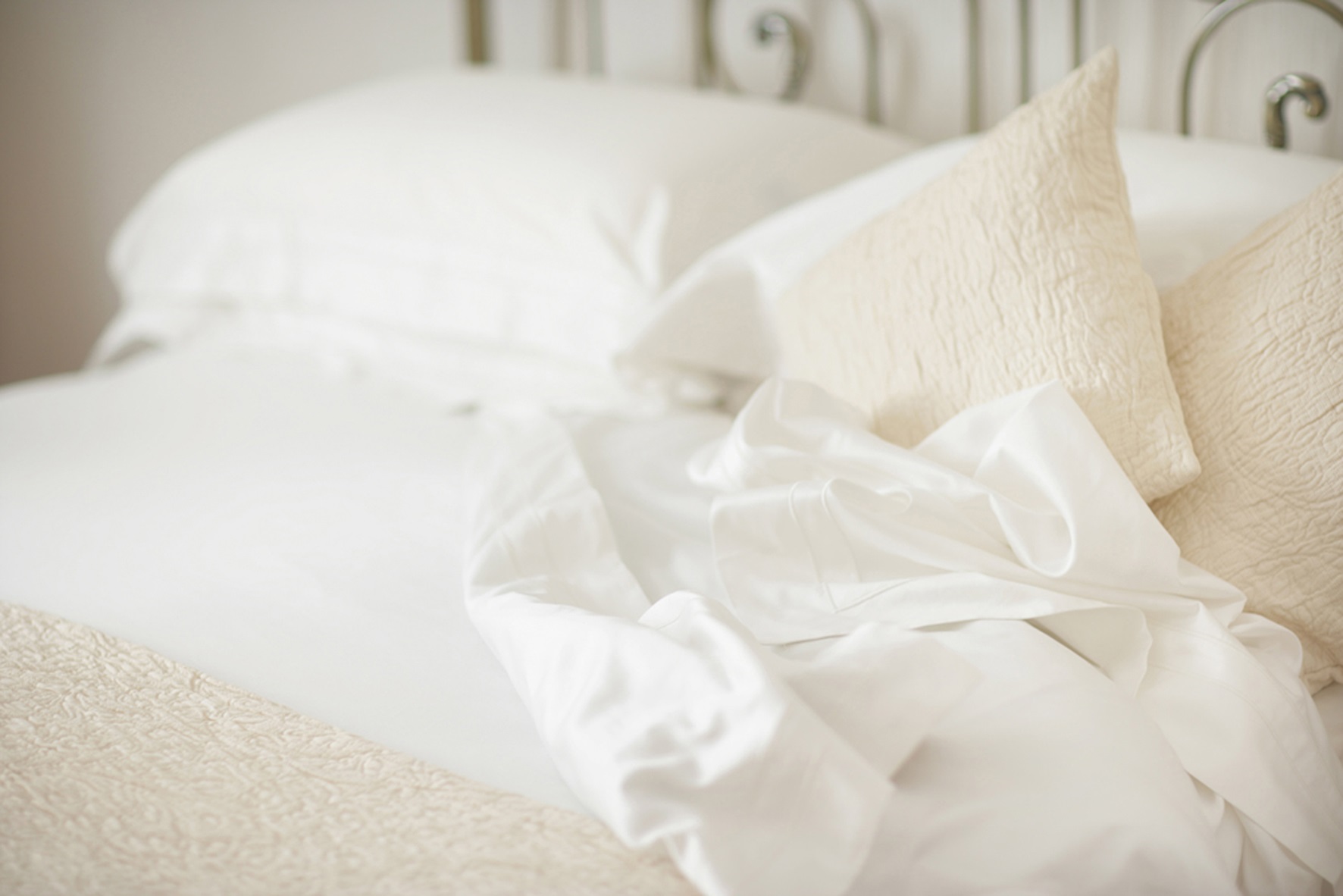 How to get rid of dust mites naturally – 11 simple ways to destroy them
How to get rid of dust mites naturally – 11 simple ways to destroy themLearn how to get rid of dust mites with steam, essential oils and more to put your mind and allergies at ease.
By Lucy Searle Last updated
-
 How to clean walls – 11 ways to remove grease, stains and dirt
How to clean walls – 11 ways to remove grease, stains and dirtLearn how to clean walls in your home, whether yours are painted matt or glossy
By Lucy Searle Last updated